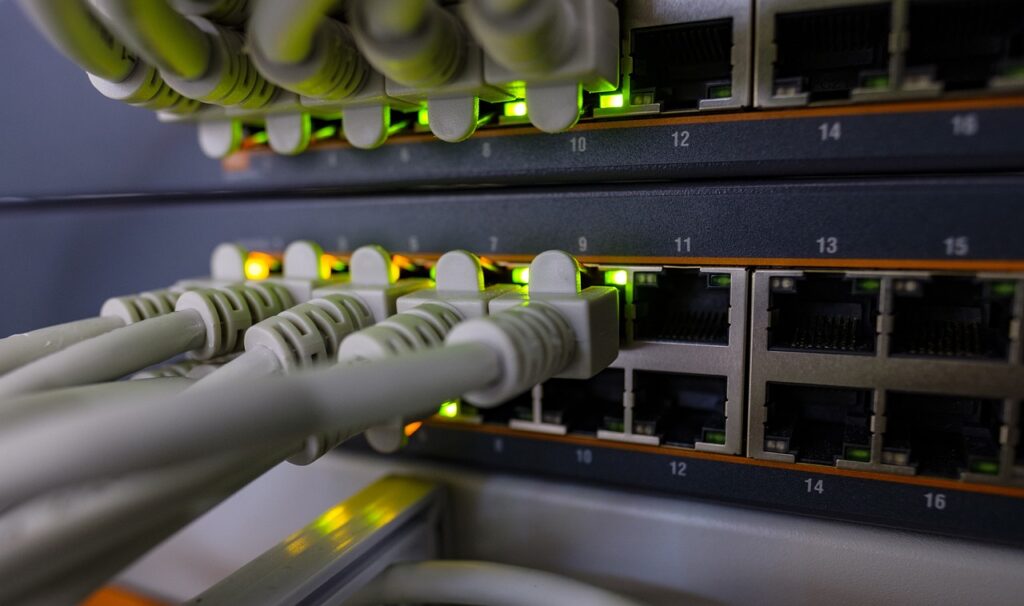As a home business owner, slow internet speeds can be frustrating and can even hinder your productivity. If you’re experiencing slow internet speeds, there are several steps you can take to troubleshoot the issue and improve your connection. In this article, we’ll explore some common causes of slow internet speeds and provide tips on how to troubleshoot the issue.
- Check Your Internet Speed
Before troubleshooting the issue, it’s important to determine the actual speed of your internet connection. You can use online tools like Speedtest.net to measure your internet speed. This will give you an idea of the download and upload speeds you’re currently getting.
If your internet speed is significantly lower than what you’re paying for, it’s likely that there’s an issue with your connection. However, keep in mind that internet speeds can fluctuate throughout the day, so it’s a good idea to run multiple speed tests at different times to get an accurate picture.
- Check Your Router and Modem
Your router and modem are the devices that connect you to the internet, so it’s important to ensure they’re functioning properly. If your router or modem is outdated or faulty, it can cause slow internet speeds.
To troubleshoot your router and modem, try the following:
- Restart your router and modem by unplugging them from the power source, waiting for a few minutes, and then plugging them back in.
- Check for any firmware updates for your router and modem. Manufacturers often release updates to fix bugs and improve performance.
- Check the cables connecting your router and modem to your computer. Make sure they’re securely plugged in and not damaged.
- Try connecting your computer directly to your modem with an Ethernet cable. This will help you determine if the slow internet speeds are caused by your router or modem.
- Check for Network Congestion
If you’re experiencing slow internet speeds during peak hours, it’s possible that network congestion is the issue. Network congestion occurs when too many users are connected to the same network, causing slower speeds for everyone.
To troubleshoot network congestion, try the following:
- Check if other devices on your network are using a lot of bandwidth. Streaming services like Netflix and YouTube can consume a lot of bandwidth, which can slow down your internet speeds.
- Try using your internet during off-peak hours. This can help you determine if network congestion is the issue.
- Consider upgrading your internet plan. If network congestion is a recurring issue, it may be worth upgrading your plan to a higher speed or a plan with more bandwidth.
- Check for Malware and Viruses
Malware and viruses can slow down your internet speeds by consuming bandwidth and using up system resources. It’s important to regularly scan your computer for malware and viruses to ensure your internet speeds aren’t being affected.
To scan your computer for malware and viruses, try the following:
- Install and run an antivirus software. There are many free antivirus programs available, such as Avast, AVG, and Malwarebytes.
- Check for any unwanted programs on your computer. Some programs, such as adware and spyware, can slow down your internet speeds.
- Contact Your Internet Service Provider
If you’ve tried all of the above steps and are still experiencing slow internet speeds, it may be time to contact your internet service provider (ISP). Your ISP can help diagnose the issue and provide solutions to improve your connection.
When contacting your ISP, be sure to provide them with information on your internet speed, the type of router and modem you’re using, and any troubleshooting steps you’ve already taken. This will help them diagnose the issue more efficiently.
In conclusion, slow internet speeds can be frustrating for home business owners. By following these troubleshooting steps, you can identify the cause of the issue and improve your internet speeds. Remember to regularly check your internet speed and take proactive measures to ensure your router and modem are functioning properly. By doing so, you can avoid the loss of productivity and frustration that comes with slow internet speeds.
It’s also important to consider investing in a high-speed internet plan if you frequently rely on the internet for your home business. While this may be a more significant investment, it can provide you with faster and more reliable internet speeds, which can be crucial for your business’s success.








